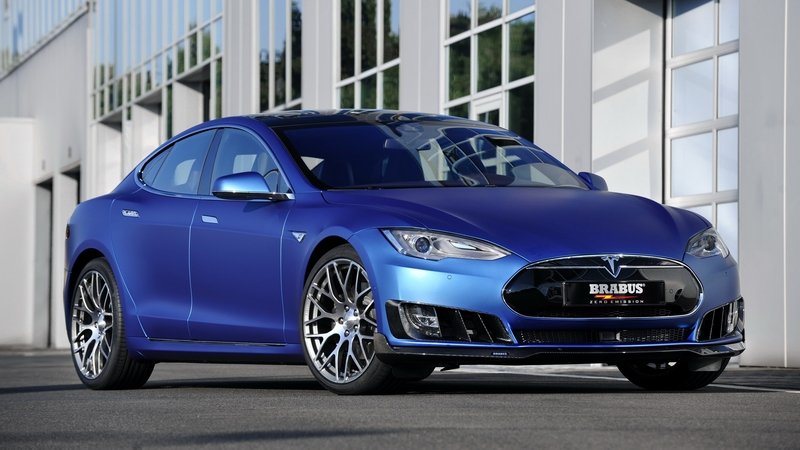Get Your Answer Here
As we all know, air pollution is increasing rapidly due to various reasons. Still, the automobile sector contributes more than any other industry in the rural areas and urban areas and industrialized areas. The production of cars worldwide is growing drastically at the rate of 40million to 50 million approximately every year, threatening us to certain limits in the upcoming future. The automotive catalytic converter can be termed as an exhaust emission control device used in a car to reduce harmful gases like nitric oxide, hydrocarbons, and carbon into less harmful pollutants carbon dioxide or water by catalyzing a redox reaction. They are usually used with internal combustion engines, which are fueled by either gasoline or diesel. They were designed in France in the late 19 century and, after some years, patented by Eugene Houdry, who is also a Frenchmen.
Types of the catalytic converter
There are mainly two types of the catalytic converter, which are as follows.
- 2-way catalytic converter – it has mainly two tasks, which are allowing Oxidation of carbon monoxide to carbon dioxide, and the second one is to allowing Oxidation of hydrocarbons, also known as unburnt and partially burned fuel, to carbon dioxide and water.
- 3-way catalytic converter – This convertor serves to reduce Oxidation and is known as a significant controller of emissions.
Components of the catalytic converter
The different parts of the automotive catalytic converter as follows:
- The core: The main objective of the body is to give support to the catalyst, and in modern catalytic converters, the substances which are used are of ceramic honeycomb, stainless steel foil honeycombs.
- The wash coat: when the wash coat is added to the core, it forms an irregular surface, which is mostly rough with having a larger surface area and now more place for the active metal sites than the flat one. They are also so much efficient as they are made up of silica and alumina.
- Catalyst – it simply describes as the substance which is added to wash coat before the application to its core.
Emission norms
In India, petrol and diesel car norms were introduced in 1991, which started to follow in 1992. These are some sets of rules which are presented by the government of India to control air pollution. India began to strict emission standard models since 2000, which are known as Bharat stage II, which is after followed by BS III, BSIV. Currently, India is using BS-VI emission standards.
It is the best way to control automotive emissions as far as the technologies are concerned. So opt for the best catalytic converter and pave the easy way!




